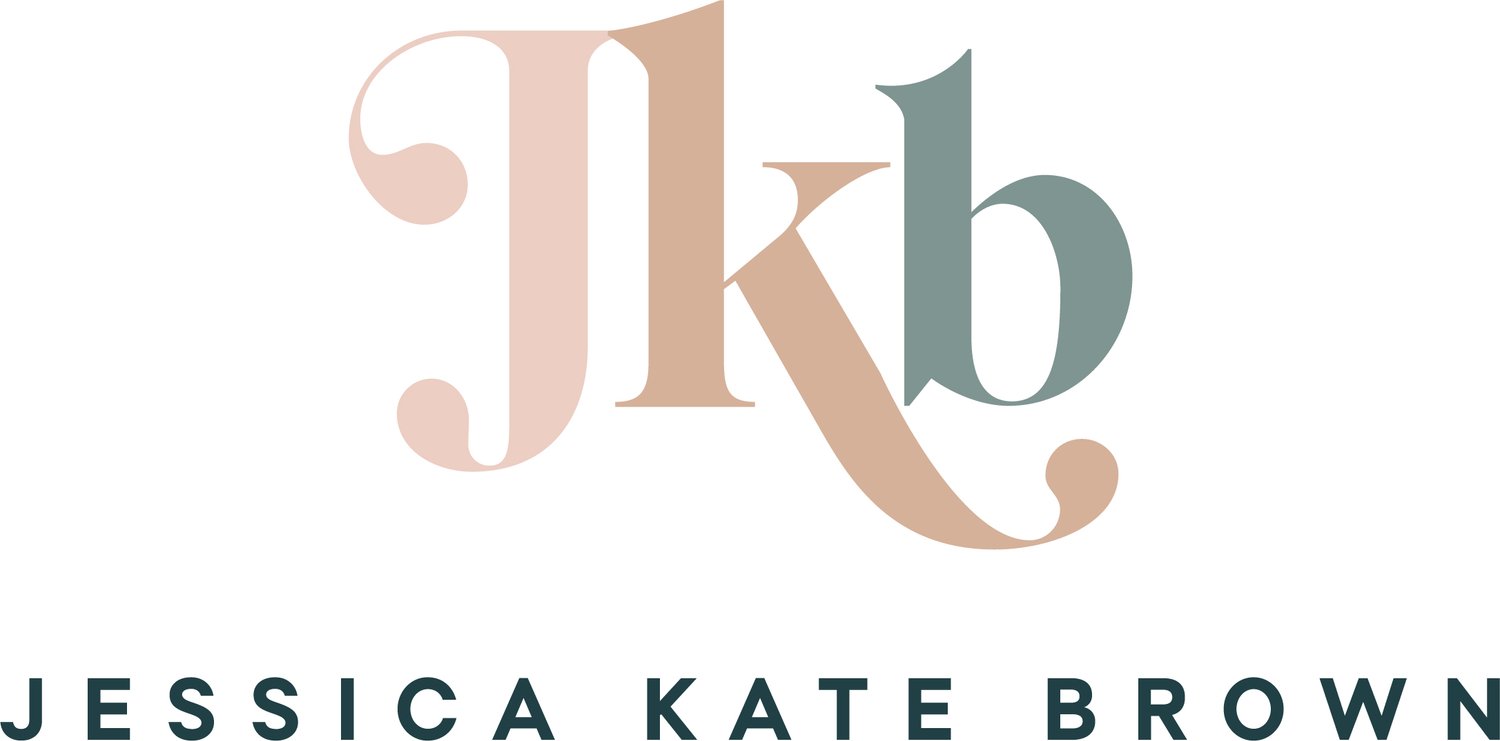5 questions to ask before hiring an editor
Choosing to hire a proofreader or copyeditor is choosing to invest in yourself and your writing. But to get your desired return, it’s important you pick the right professional for the job. While the question of cost is a crucial deciding factor, it should by no means be the only one.
Here are five things you should consider before hiring an editorial freelancer:
1. Price – Ok, let’s get this one out of the way. Fees for proofreading and editing vary greatly. I have seen proofreading prices range from £1 for 1,000 words on certain freelance sites to much, MUCH more. It may sound clichéd but, largely, you do get what you pay for, up to a point. If you pick the cheapest option, unfortunately it probably is not going to be up to the standard that you want, or that your work deserves. There has to be a reasonable balance between what you would like to pay and what you can afford, and what is going to give you a reasonable return on investment. Although a higher price tag should indicate a higher level of quality and experience, it’s essential that you do your homework and ask the right questions before parting with your money.
2. Training – Firstly, are they professionally trained? You wouldn’t hire a mechanic or seek the advice of a doctor who hadn’t passed their professional training – extreme examples but you get my point! Editing is not currently a regulated profession, and there is no legal requirement to hold a qualification to offer proofreading services. In the UK, training programmes by the Chartered Institute of Editing and Proofreading (CIEP) or the Publishing Training Centre are considered the industry gold standard. If the person you’re considering doesn’t have training credentials, then I would want to see significant prior editorial experience in the publishing industry.
3. Experience – Talking about experience, what have they done before and does it match your own project? For example, fiction and non-fiction editing are two very different beasts, so it’s important to find someone who has experience in your particular genre. If you’re a self-publishing author then you would want to see books in their portfolio. Similarly, if it’s a website edit you’re after – what similar projects have they worked on before? Sometimes it’s worth seeking out an industry specialist, especially if you’re dealing with a subject that uses specialist terminology and processes. For example, when I edit military-related books, my 13 years’ service is invaluable, as it allows me to ensure authenticity and spot inaccuracies that only someone with industry experience would know to question.
4. Proofreading or Editing? – Is it proofreading you need, or would another level of editing be more appropriate? The answer to this largely depends on the type of work and what has been done to it before. Broadly speaking, proofreading is the final quality check before a text goes to publication. If this is the first time anyone has laid eyes on your work other than you, the chances are you would be benefit from copyediting, or even developmental editing if it’s a book you are writing. The CIEP website has some great resources explaining the differences between proofreading and copyediting. Being honest with the level of edit that you need will help ensure you get the end result that you’re after.
5. Values – This is more subjective and possibly the hardest to judge. Before hiring someone, you want to know if your working methods are compatible and, crucially, are you going to be a good fit. How they respond to your initial enquiry, their email tone and how they answer your queries should give you a decent feel – do they ‘get’ what your project or brand is about? Most independent proofreaders and copyeditors will offer a sample edit so you can make sure that you are confident in their ability and make sure you’re a good fit for each other before entering into a contract. When hiring a freelancer, consider the things that are important to you. Choosing someone with shared values means they are more likely to be someone you enjoy working with and can trust with your project.
Photo by Nick Morrison on Unsplash
Jessica Kate Brown is a freelance book editor based in the UK. She works with self-publishing authors worldwide and specialises in copyediting memoirs, self-help and business books.

